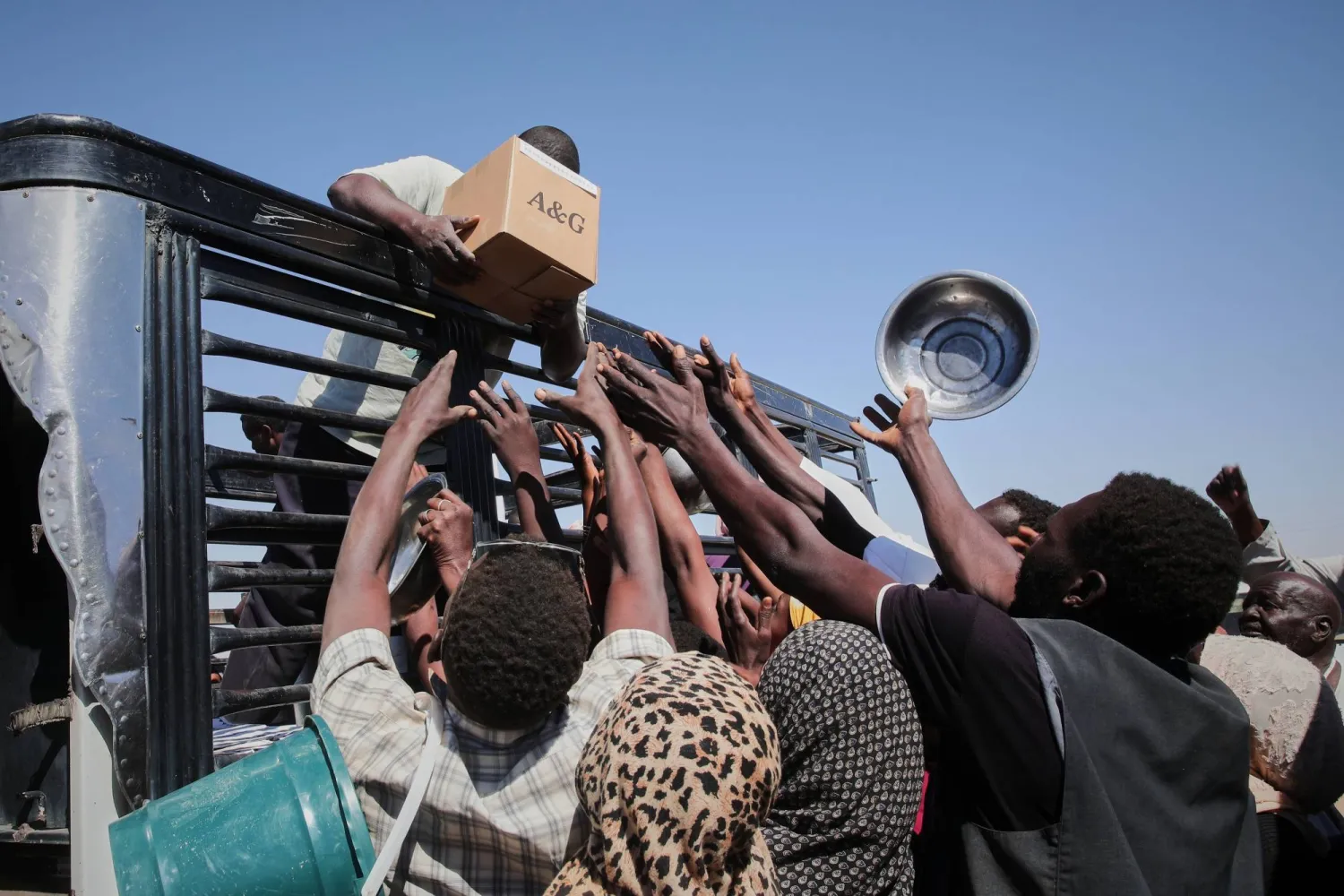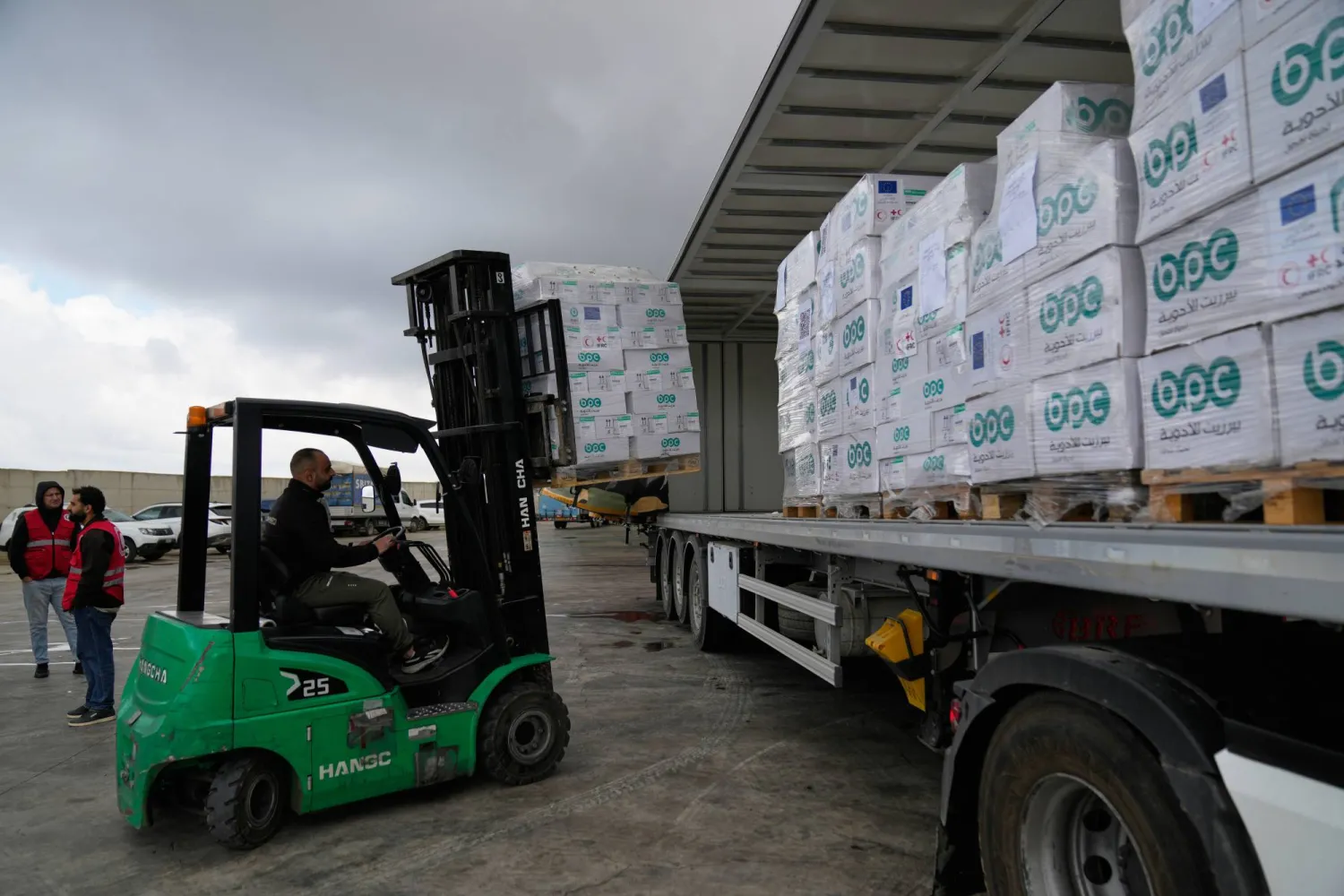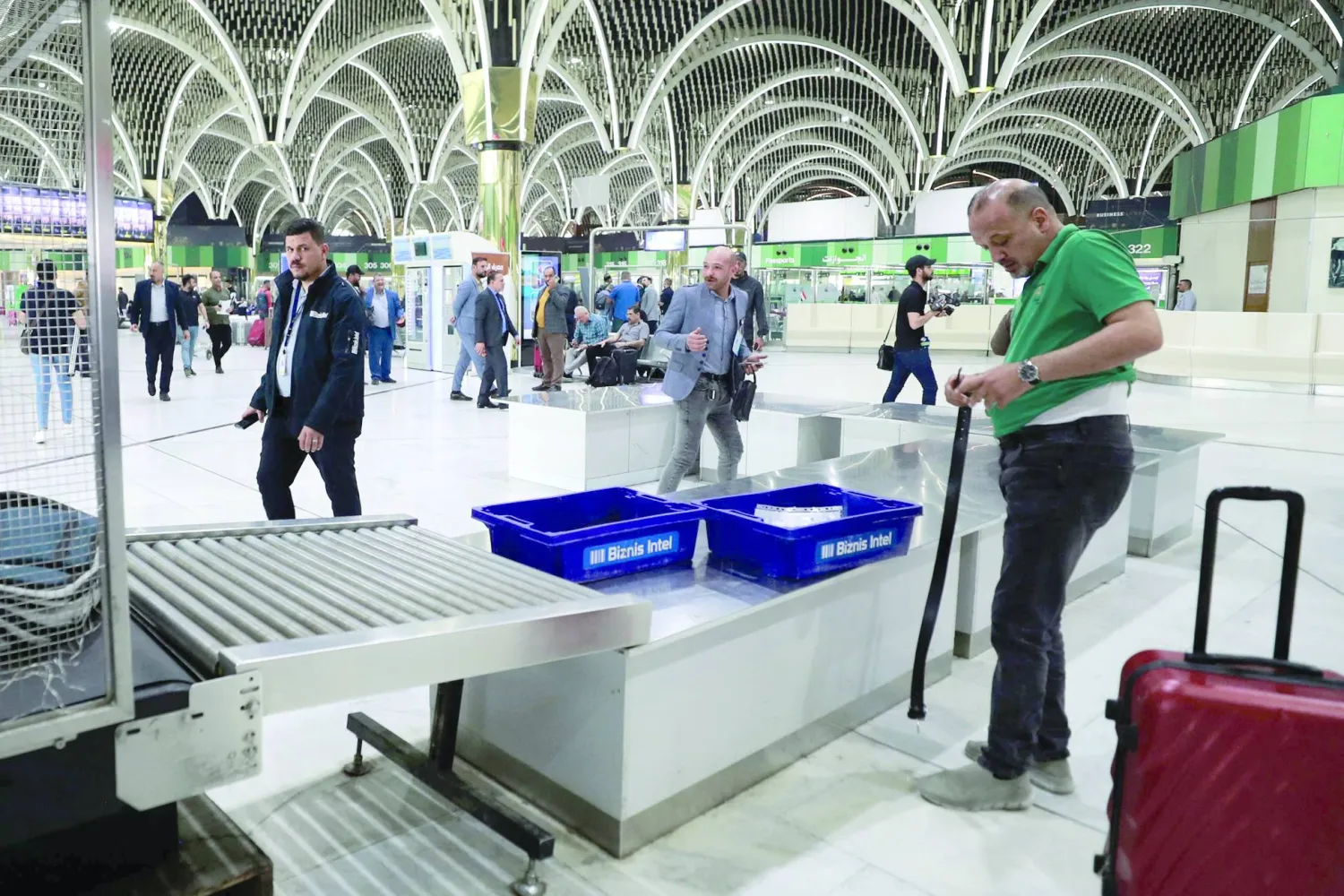A political adviser to Iraqi Prime Minister Mohammed Shia al-Sudani has rejected recent allegations that employees at the premier's office have been spying on and wire-tapping senior officials and politicians.
Since late August, Iraqi local media outlets and lawmakers have alleged that employees at al-Sudani's office had been arrested on charges of spying on senior officials.
"This is an inflated lie," said Fadi al-Shammari in an interview with an Iraqi broadcaster published late on Friday, the most explicit denial by a senior member of the prime minister's team.
He said the allegations were aimed at undermining al-Sudani ahead of parliamentary polls expected to be held next year.
"Everything that has happened in the last two weeks consists of media exaggeration contrary to reality and the truth."
The reports have caused a stir in Iraq, which has seen a period of relative stability since al-Sudani was brought to power in late 2022 as part of an agreement between ruling factions ending a year-long political stalemate.
While there had been one arrest at the prime minister's office in August, it had nothing to do with spying or wire-tapping, Shammari said. The employee in question was detained after contacting lawmakers and other politicians while posing as a different person, he said.
"(He) talked to lawmakers using different numbers and fake names and asked them for a number of different files," he added, without providing details.
"There was no spying, no wiretapping."









